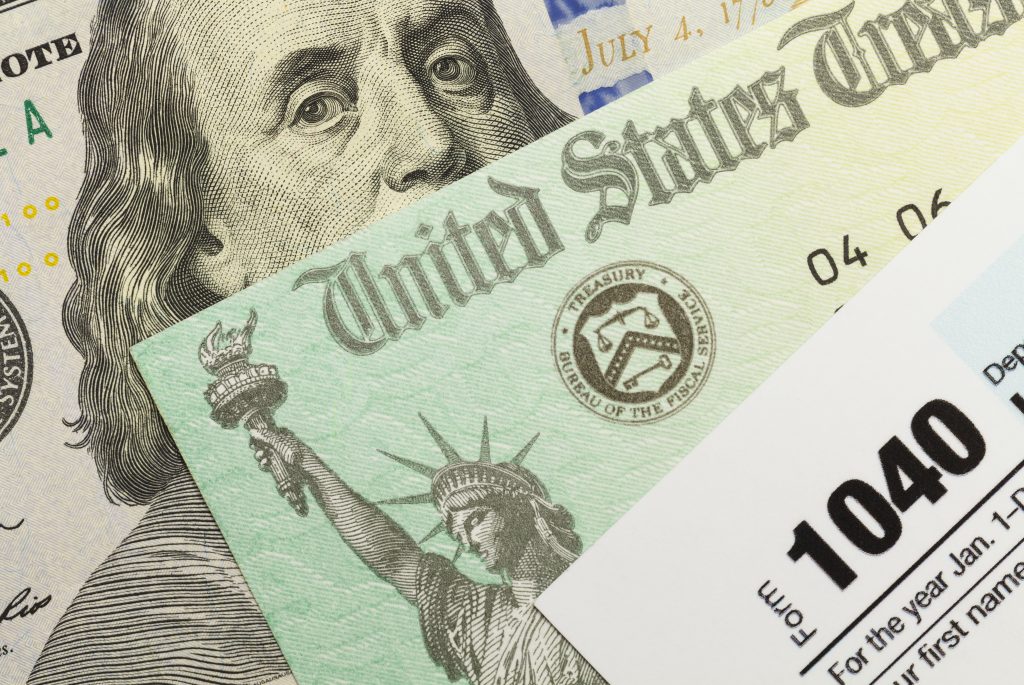
By Charlene Crowell
For the foreseeable future, ‘normal’ life will be indefinitely suspended due to the global pandemic known as the coronavirus.
Record-breaking employment layoffs in the month of March resulted in the Department of Labor reports that 10.4 million consumers lost their jobs and filed for unemployment compensation. As medical experts continue to track the virus, the New York Times reported at least 214,461 known infections and at least 4,800 related deaths.
Beyond these statistics, untold numbers of additional school and retail closures, and an expanding army of people working from home have also been directly affected by the virus.
Consumers both young and old have passed as the virus continues to spread across the country. Its viral wrath has spawned hot spots from the Pacific Northwest’s Seattle, to the Gulf Coast’s New Orleans, the Midwest’s Detroit and the nation’s largest urban metropolis, New York City.
Zeroing in on the economic impacts of the crisis, people everywhere are struggling with competing needs in their lives. When living costs exceed available financial resources, tough times lead to tough decisions about how to feed families, keep a home to live in, ways to keep utilities working and a myriad of other day-to-day needs.
Despite a $2 trillion federal rescue enacted with bipartisan support, checks of $1,200 promised to taxpayers, along with an additional $500 per child will arrive too late for first of the month April payments for bills like mortgages and rental payments. Many leaders also warn that despite its size or range of areas addressed, the legislation was not enough.
In a March 27 House floor statement, Congresswoman Maxine Waters, Chairwoman of the House Financial Services Committee warned colleagues that their job was not yet complete.
“[I] must make clear that the legislation is far from comprehensive, and that there are issues it leaves unaddressed and areas where it falls short…The American people need help now and this bill represents a down payment on that relief,” said Waters.
A similar reaction came from AARP chief executive Jo Ann Jenkins.
“Older Americans face the one-two punch of coronavirus’s health and economic consequences, and many need immediate relief and ongoing help and support to cope with the pandemic,” noted Jenkins. “Those needs are only set to grow in the weeks and months ahead.”
What can really make a difference between life’s success and failure is not just what leaders do but also what they didn’t do when they had the chance. The recent legislative package was silent on interest rates, as well as forgiveness of federal student loans, negative credit reports or bans on private evictions for late rental payments.
As the cost of living has risen faster and higher than most consumer incomes for more than a decade, the likelihood of a savings account large enough to cover household expenses for a month or more is slim to none.
The Consumer Financial Protection Bureau (CFPB), the agency tasked with protecting consumers from unscrupulous lenders has been conspicuously subdued. Instead of forceful and timely agency alerts via multi-media communications warning consumers about opportunistic scam artists, CFPB has offered a modest tip sheet on how consumers – not government – can protect themselves. Fortunately, as the viral saga unfolds, some news outlets are reporting on the potential harms of consumers turning to payday and car-title loans.
A joint response by five federal regulars – Board of Governors of the Federal Reserve System, Consumer Financial Protection Bureau (CFPB), Federal Deposit Insurance Corporation (FDIC), National Credit Union Administration (NCUA), and the Office of the Comptroller of the Currency (OCC) – came on March 26 in a statement that encouraged banks, savings and loans, and credit unions to offer “responsible small dollar loans” to consumers and small businesses during the pandemic.
According to the regulators, “responsible small-dollar loans can play an important role in meeting customers’ credit needs because of temporary cash-flow imbalances, unexpected expenses, or income disruptions during periods of economic stress or disaster recoveries.”
Without any specifics defining “reasonable small-dollar loans”, the regulators’ statement could be an inducement to join triple-digit lenders’ financial exploitation.
For Black America and other communities of color, predatory short-term loans of $500 or less began decades ago when payday and car-title storefronts took prominent residence in our neighborhoods across the country. Loans that were marketed as quick fixes for millions of consumers morphed into long-term financial nightmares that deepened debt with every renewal. In many cases, the interest paid on these loans was often double or triple the amount of principal borrowed.
A coalition of civil and consumer rights organizations released a joint statement warning of the possible spike in high-cost lending by the nation’s depository institutions – banks, credit unions, and savings and loans.
“This is the worst possible time for banks to make predatory payday loans,” said Americans for Financial Reform Education Fund, the Center for Responsible Lending, Leadership Conference for Civil and Human Rights, NAACP, National Consumer Law Center.
“Around the time of the last recession, a handful of banks issued ‘deposit advances’ that put borrowers in an average of 19 loans a year at over 200% annual interest,” continued the leaders. “These bank payday loans disproportionately harmed the financially vulnerable and badly damaged banks’ reputations. Since 2013 when regulatory guidance warned against this form of credit, banks have mostly stayed away. We trust that they will continue to do so as they do not want to repeat mistakes of the past.”
Charlene Crowell is a senior fellow with the Center for Responsible Lending. She can be reached at charlene.crowell@responsiblelending.org.




